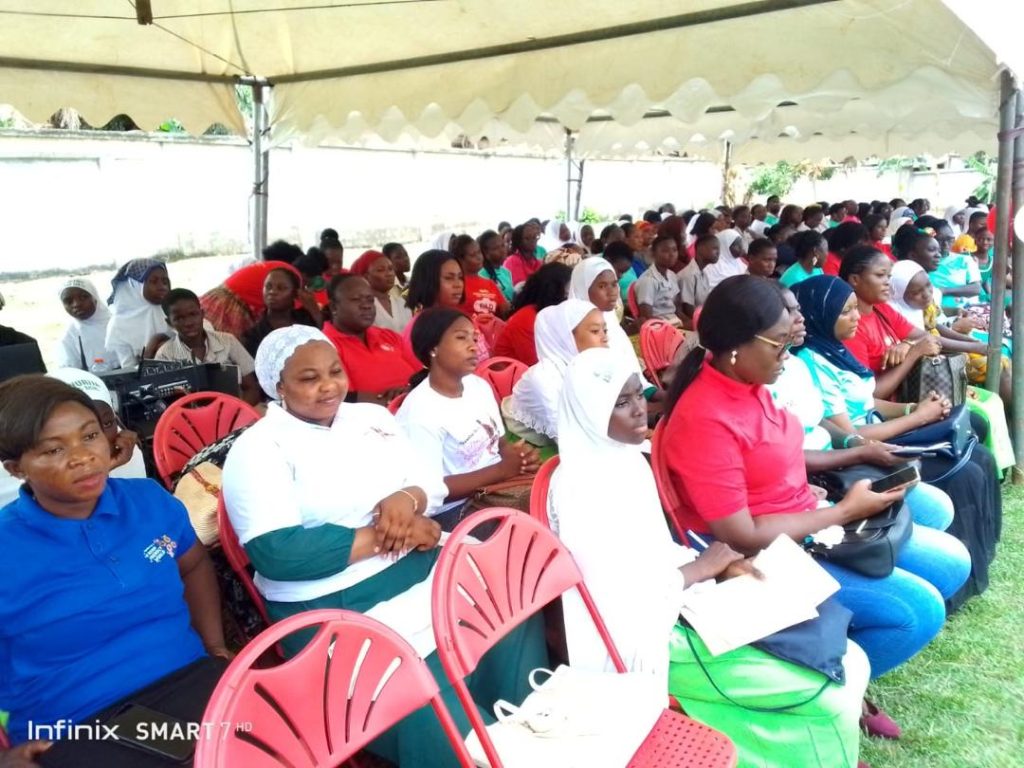By Florence Afriyie Mensah
Asokore Mampong (Ash), May 28, GNA – Mr George Asiedu, Coordinator, of the Greater Accra Metropolitan Area (GAMA) Sanitation and Water Project (SWP), has pledged the unwavering commitment of the project to address the menstrual hygiene issues, especially among girls in schools.
He said over the past seven years, the GAMA SWP, which was supported by the World Bank, had provided some 598 modern toilets facilities for schools in the Greater Accra and the Ashanti regions with specially designated changing rooms for girls to safely manage their monthly periods with privacy and in dignity.
These toilet facilities also have access paths for people who were less able to walk – a means that no one had to struggle to use any of the toilets.
Speaking at the 2024 commemoration of the Menstrual Hygiene Day at the Garden City Special School at Asokore-Mampong in the Ashanti region, Mr. Asiedu, noted that it was no myth that every female person was bound to menstruate every month for close to forty years of their life.
Therefore, monthly menstruation when properly managed, helped females to stay safe and contribute meaningful to society.
He said the Project had been working with experts to train municipal assemblies and other professionals on how best to reach out to menstruating girls with every possible support through awareness creation, skills development, and direct provision of menstrual hygiene materials to girls.

This year’s campaign was held on the theme: “Period Friendly World: The Differently Able Count.”
According to Mr Asiedu, the project had over the past two years facilitated the production and distribution of menstrual awareness materials for girls including those who were visually impaired.
The Project was also working with stakeholders to set up a Pad Bank, where philanthropists and institutions could voluntarily donate pads to support children whose parents were unable to provide them with enough menstrual pads during their period.
The GAMA SWP places a premium on providing sanitation, water, hygiene, and capacity-building components, which are mostly designed for people living in low-income communities and households.
Dr Josephine Kyei, a Senior Lecturer at the School of Nursing and Midwifery, University of Ghana, stated that individuals who were differently abled faced challenges in menstrual hygiene.
She urged the public, especially, male parents and teachers to understand their challenges, and called for continued education, awareness creation and advocacy for policies that mandated inclusive and accessible menstrual health facilities.
Dr Kyei expressed optimism that a period-friendly world for the differently abled was achievable through collective efforts, empathy, and dedication by addressing the unique challenges and providing the necessary support and resources.
Madam Hannah Amponsah, Ashanti Regional Girls Education Officer at the Ghana Education Service, commended the GAMA SWP for the initiatives on sanitation in schools.
GNA